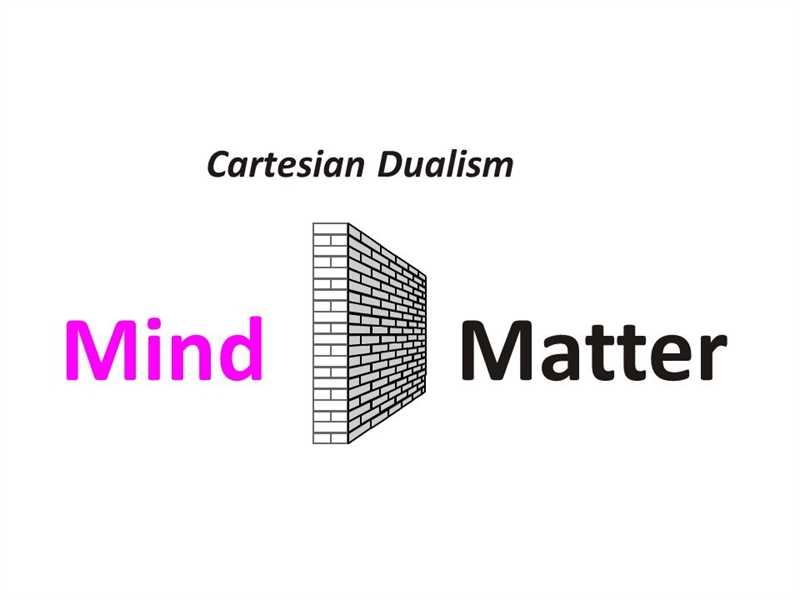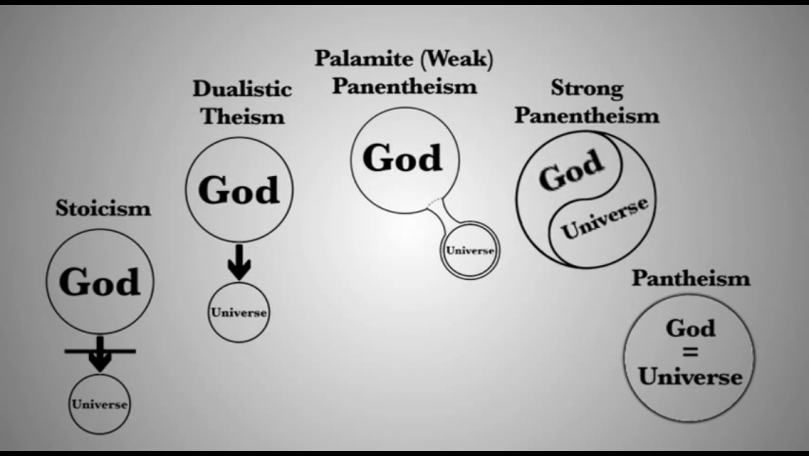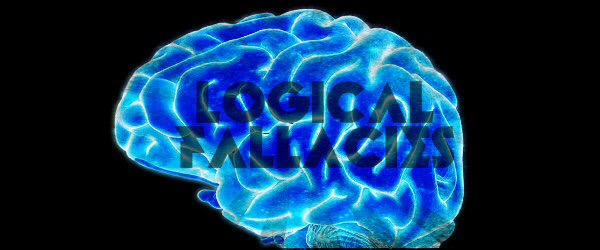I have been recently discussing with my fellow Christians about philosophy of mind and more actively Bohmian mechanics. Now I have criticized that interpretation of quantum mechanics before but in this blog I intend to apply it to substance dualism and show some of the implications if one wants to be a substance dualist AND hold to bohmian mechanics.
First just to define our terms. First substance dualism is the view that both matter and mind are seperate fundamental substances in nature and that one does not depend on the other. Interactionism is how these two substances interact with each other and finally Bohmian mechanics is an interpretation in quantum mechanics that attempts to save realism from the measurement problem.
In bohmian mechanics (the non-relativistic version) you have two equations.
The Schrodinger equation: describes the changes over time of a physical system in which quantum effects such as wave–particle duality, are significant.
The guidance equation: states that the velocity field for the configuration is given by the quantum current divided by the density
These equations govern the “pilot wave” which makes observers unnecessary to collapse the wave function therefore allowing a full independent objective physical reality to exist without observation. This allows the preservation of a mind-independent reality that would be true under a physical ontology. With this in mind we want to note to the readers that if Bohmian mechanics is true then there is no need for conscious observers to collapse the wave function and therefore no mental causal link between the physical and the mental. This has huge implications on philosophy of mind since consciousness would have no effects on fundamental physics and likewise may be an emergent effect of matter.
Now before we get back to physics let’s discuss interactionism. Interactionism is how mind and matter interact and in substance dualism there is a problem called the interaction problem for how its possible for two completely separate substances to interact with each other. Now I know many substance dualist object to the problem but for the purposes of this post I am going to actually propose the best solution to the interaction problem that I have been able to come up with. Keep in mind I do still think the problem itself is not solved by my proposal but I think it atleast makes interactionism in substance dualism have much more explanatory power.
An idealist proposed solution to the interaction problem: So as mentioned before substance dualism must account for the interaction between matter and mind as such these things under this view are BOTH fundamental and therefore the solution to any interaction between the two must be in our most fundamental theories about physics (If the immaterial mind can have an effect on the material brain). And it turns out the most fundamental theory of physics is quantum mechanics since it deals with the most fundamental particles of nature. My proposed solution to the interaction problem will come from standard quantum mechanics (SQT). In (SQT) the only thing you have is the schrodinger equation and observers. The guidance equation is not necessary to explain the data that standard quantum theory has and so it is not included. With this in mind an observer is always needed to explain the collapse of the wave function and observers can include anything from particles to buildings to rocks etc. But this creates philosophical issues since if observers are necessary in SQT and if something is always needed to collapse the wave function and all particles (non-conscious observers) need more outside observers then this will create an infinite regress of particles collapsing each other. However we (as conscious observers) always see the world in a definite state so therefore whatever causes final collapse of the wave function cannot be particles but must be conscious entities as these things were considered to not be bound by the laws of quantum mechanics. As the quantum enigma explains
“In his 1932 treatment, The Mathematical Foundations of Quantum Mechanics,
John von Neumann rigorously displayed quantum theory’s inevitable
encounter with consciousness. Von Neumann considered an idealized
quantum measurement starting with a microscopic object in a superposi-
tion state and ending with the observer. A Geiger counter, for example,
completely isolated from the rest of the world, contacts a quantum system,
say, an atom simultaneously in two boxes. The Geiger counter is set to fire
if the atom is in the bottom box, and to remain unfired if the atom is in the
top box. Von Neumann showed that the isolated Geiger counter, a physical
object governed by quantum mechanics, would entangle with the atom in
both boxes. It would thus be in a superposition state with the atom.
It would thus be simultaneously in the fired and unfired state. (We saw
this situation in the case of Schrodinger’s cat.)
Should a second device, also isolated, contact the Geiger counter — say
an electronic instrument indicating whether or not the Geiger counter has
fired — it joins the superposition state wavefunction, indicating both situa-
tions simultaneously. This so-called “von Neumann chain” can continue
indefinitely. Von Neumann showed that no physical system obeying the
laws of physics (i.e. , quantum theory) could collapse a superposition state
wavefunction to yield a particular result. However, we know that the
observer at the end point of the von Neumann chain always sees a particu-
lar result, a fired or not fired Geiger counter, not a superposition. Von
Neumann showed that for all practical purposes the wavefunction could
be considered collapsed at any macroscopic stage of the measurement
chain where an interference demonstration becomes essentially impossi-
ble. Nevertheless, he concluded that, strictly speaking, collapse takes
place only at the “Ich,” the same word Freud used for the Ego, the con-
scious mind.” – The Quantum Enigma 238.
So when one includes the philosophical implications of SQT then the mind can and will have a causal role in nature and this perfectly explains the interaction between mind and body therefore providing the best solution to the interaction problem. This also solves any “measurement problem” since the conscious observer would be the one that solves it, and all of this is true without the need for unnecessary physics. It only becomes a problem if one has metaphysical prejudice for what they think how nature ought to act. With this in mind SQT has the best solution to the interaction problem. In fact one can say the “interaction problem” and the “measurement problem” are the same problem however some still do not like the implications and this will advance to my next point.
If a substance dualist holds to Bohmian mechanics then they have no explanation for interactionism and therefore it becomes nothing more than magic. If it’s the case that Bohmian mechanics is true and therefore no conscious observer is necessary then the mind would not be involved in fundamental physics. This can go two ways either substance dualism is false since the mind is not involved in fundamental physics or substance dualist have no explanation for interactionism.
The Bohmian dualist dilemma: This of course creates a dilemma for those substance dualist that happen to hold to and defend Bohmian mechanics. If substance dualism is true then its a fact that matter and mind are fundamental substances and as such these substances will be explained by fundamental physics which happens to be quantum mechanics. Bohmian mechanics is an interpretation that Bohmian dualist accept however under bohmian mechanics consciousness is not involved in fundamental physics and so if substance dualism is true then there is no explanation for interactionism making dualism literally magic (If we assume both bohmian mechanics and dualism are true). So these are their options
- Bohmian mechanics is true but substance dualism is false
- Bohmian mechanics is false but substance dualism is true (Which makes one accept SQT)
- Bohmian mechanics is true and substance dualism is true (providing no explanation of interactionism making it magic)
All of this is to show that Bohmian mechanics and substance dualism are incompatible unless one wants to have no explanation of interactionism. I am doing this in the hopes that people can hold to beliefs that don’t contradict each other. I know I will gets criticism from this post but I only hope for my opponents to revise their beliefs (or switch around their jigsaw puzzle of their belief systems) if one has an explanation of interactionism that can work under Bohmian mechanics and happens to be better than my proposed explanation then I will concede and update this post to notify my readers that I not longer find its arguments credible. (As I did with past post) Until then the challenge I present to dualist that hold to bohmian mechanics will stand.










